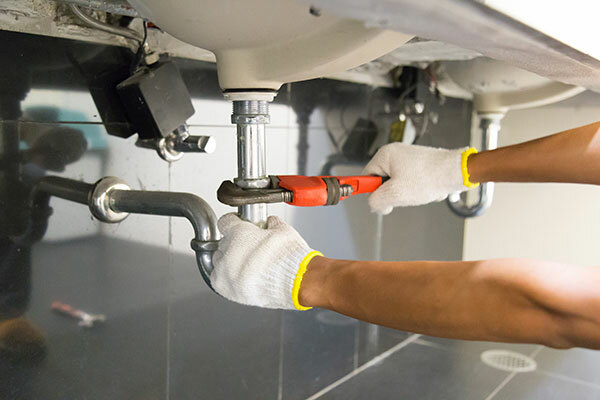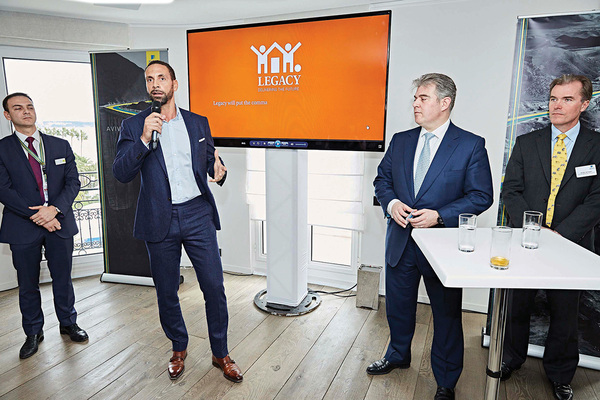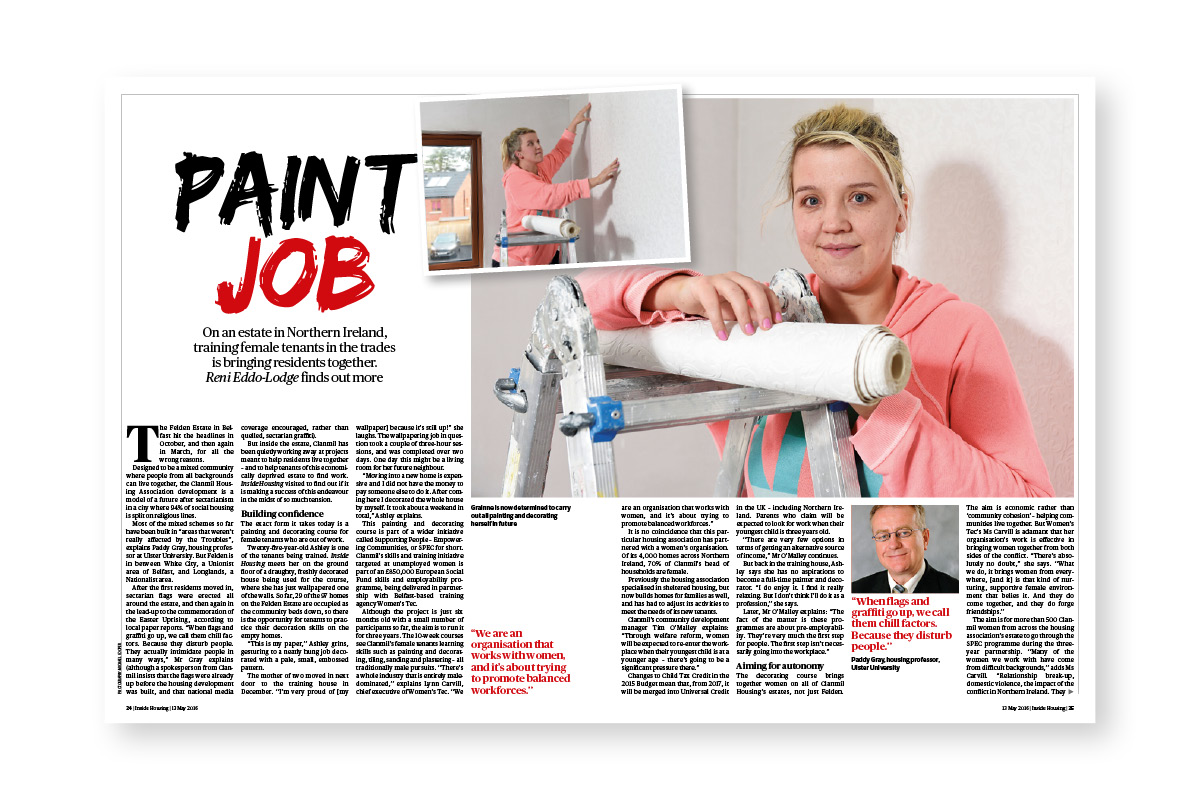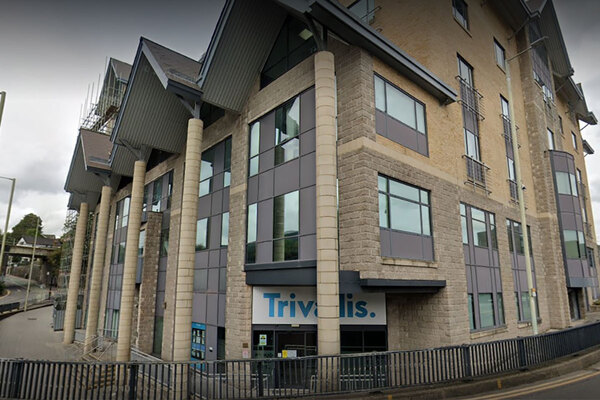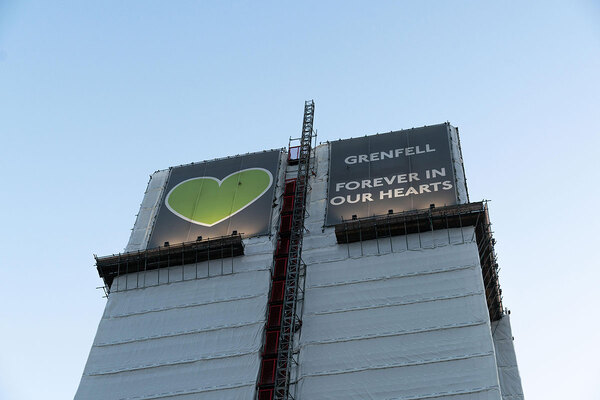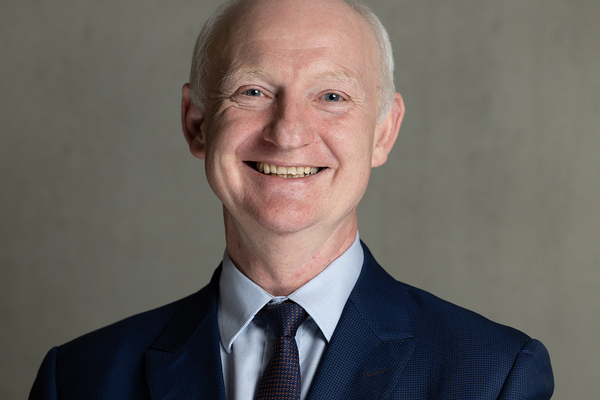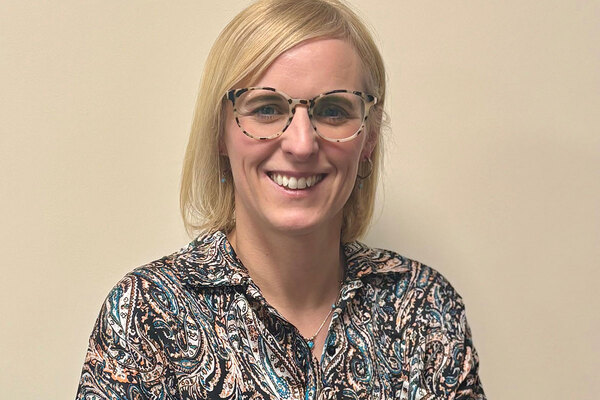You are viewing 1 of your 1 free articles
What happened to… Clanmil’s project for women in trades?
Five years ago, Inside Housing reported on a project by Northern Ireland’s Clanmil Housing Association to train 500 unemployed women in trade skills. We went back to Clanmil to find out what happened next
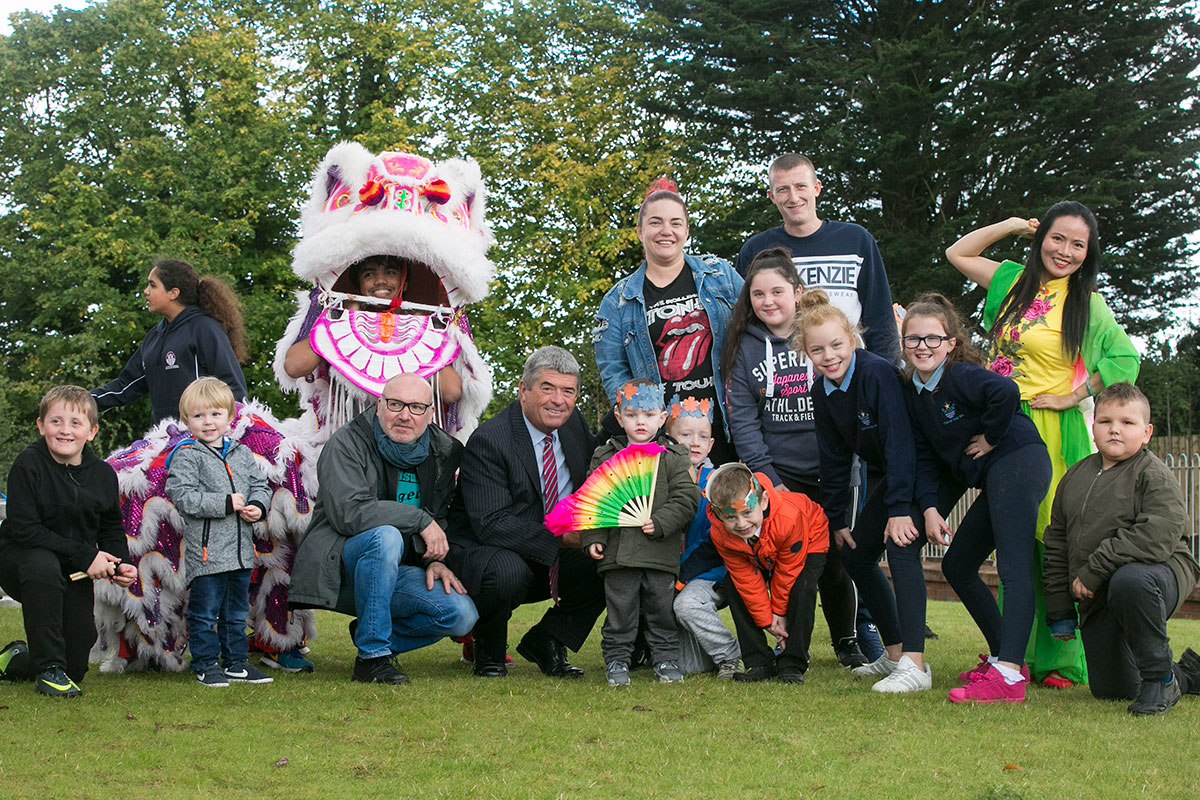
What story are we talking about this month?
Five years ago, the Felden Estate had only recently been completed and tenants were still moving in. The landlord – Clanmil Housing Association – was using the estate’s empty homes to train unemployed women in the trades. The aim was to train 500 women in the hopes of improving their economic futures. The project was part of an EU-funded programme called Supporting People – Empowering Communities (SPEC).
Felden is a mixed religious community – a rare phenomenon in Northern Ireland. Most social housing in the nation was and is segregated by religion, and the trades project also aimed to improve community cohesion.
So, what has happened since?
Clanmil reports that the programme trained 570 women with qualifications in trades such as tiling, carpentry, painting and decorating, and electrics. Of the 32 Felden tenants who participated, five went on to gain employment.
So Northern Ireland must have loads of female tradespeople as a result?
The benefits of the programme have proved to be a bit less direct than that. Clanmil says that participating tenants reported back that “the project was invaluable in terms of widening their horizons when it came to searching for jobs and achieving qualifications that they would never have considered to be an option previously”.
It did not supply data on who went on to trades jobs.
Ashley (pictured above), who was interviewed by our reporter at the time, quickly got a permanent job at a care home. This might not be that surprising, as even then she told us that, although she had used her skills to redecorate her own house on the estate from top to bottom, “I don’t think I’ll do it as a profession”.
How about the impact on community cohesion?
A Clanmil spokesperson says: “In terms of good relations, participants stated that the SPEC programme gave them the opportunity to share these positive experiences with their new neighbours, while creating a space where they could informally socialise together, make new friends and build relationships.”
Is the programme going on today?
That particular project ended in 2019, when the funding – £850,000 of which came from the EU – ended. But Clanmil says it is now running a different employability programme with local charity Bryson FutureSkills, this time with a focus on photography, make-up artistry and street art.
Sign up for our daily newsletter
Already have an account? Click here to manage your newsletters
